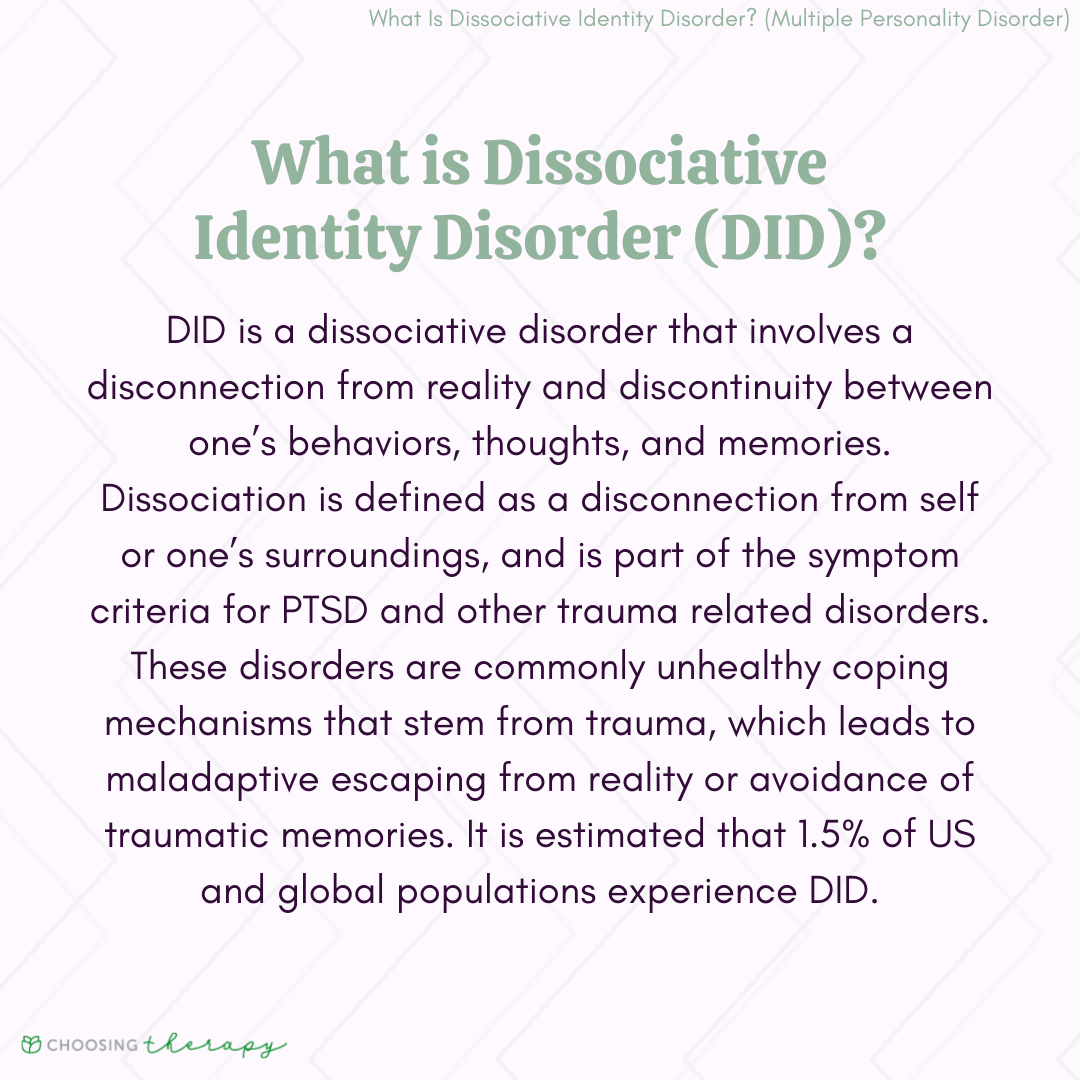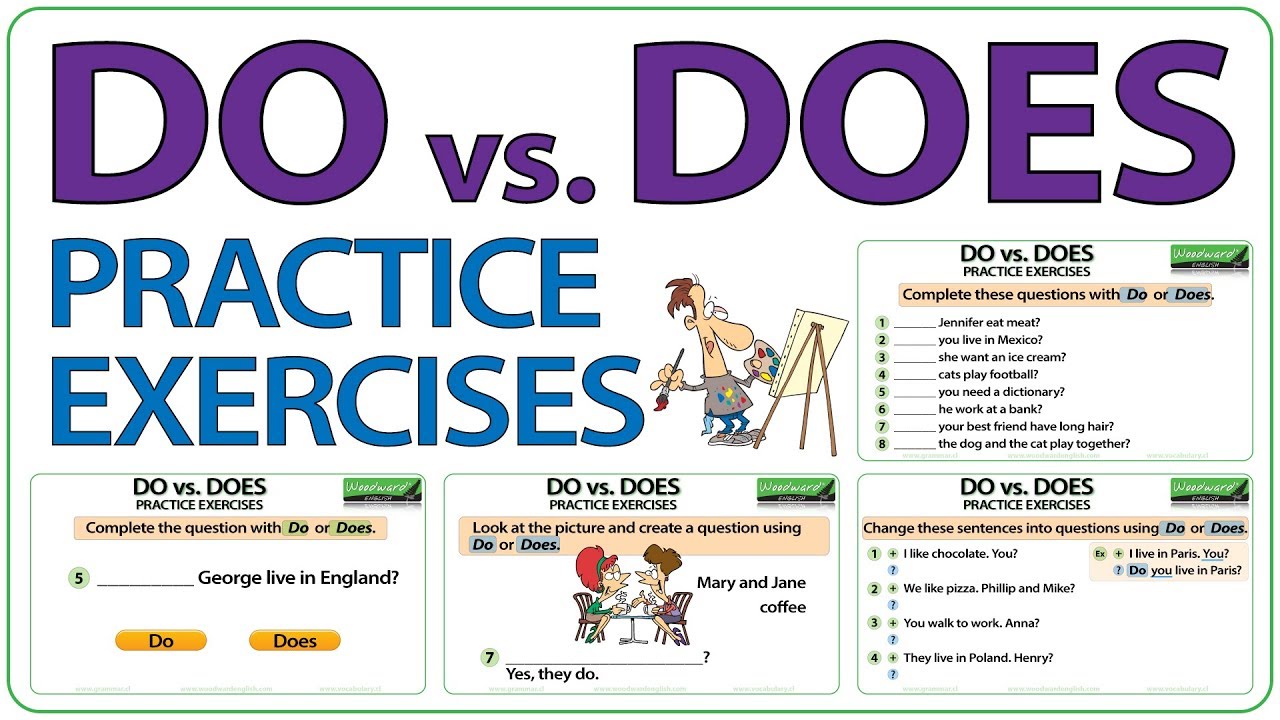Is a Marketing Degree a Bachelor of Arts or Science? Understanding Your Options
Introduction: Is Marketing a Bachelor of Arts or Science?
When considering a degree in marketing, one of the most common questions is whether marketing is a Bachelor of Arts (BA) or a Bachelor of Science (BS). The answer is that marketing can be offered as either a BA or a BS degree , depending on the university and specific program structure. Understanding the differences between these two options is crucial for making an informed decision about your education and future career path. This article will help you navigate the distinctions, benefits, and practical steps for pursuing a marketing degree, regardless of its classification.
Understanding BA vs. BS in Marketing
Both BA and BS degrees in marketing provide a comprehensive foundation in core marketing principles, consumer behavior, branding, and strategy. The primary distinction lies in the program’s focus and curriculum design :
- Bachelor of Arts (BA) in Marketing : Emphasizes the liberal arts , including humanities, communication, psychology, and creative coursework. This path often appeals to students interested in the creative, social, or communicative aspects of marketing. BA programs typically feature more electives in areas like writing, sociology, and media studies, allowing for interdisciplinary flexibility. [1] [4]
- Bachelor of Science (BS) in Marketing : Focuses more on quantitative analysis, data, and scientific principles . Students delve deeper into statistics, analytics, market research, and business technology. This route is ideal for those interested in data-driven decision-making, analytical roles, or advanced marketing science. [1] [2]
Most universities offer both options, but some may feature only one. It is important to review each institution’s curriculum and degree requirements before applying. [3]
Key Differences in Coursework and Skills
Both BA and BS programs in marketing generally require around 120 credit hours and take four years of full-time study to complete. However, their coursework reflects their respective focuses:
-
BA in Marketing
:
- Courses in psychology, sociology, communication, and creative writing
- Electives in the arts, humanities, and social sciences
- Focus on consumer insights, branding, and storytelling
- Prepares students for roles in advertising, public relations, content creation, and brand strategy
-
BS in Marketing
:
- Courses in mathematics, statistics, economics, data analytics, and business technology
- Emphasis on quantitative research, data interpretation, and scientific approaches to marketing
- Prepares students for roles in market analysis, digital marketing analytics, and business intelligence
For example, a student interested in digital marketing analytics or marketing research may benefit from a BS program, while someone drawn to creative campaign development or media relations might prefer a BA. [4]
Career Outcomes and Opportunities
Both BA and BS marketing degrees unlock diverse career paths, but your chosen degree may influence your specialization. Common entry-level positions for marketing graduates include:
- Advertising and promotions coordinator
- Market research analyst
- Digital marketing specialist
- Content marketing strategist
- Public relations associate
- Brand manager
With experience, graduates may progress to senior positions such as marketing manager, director of communications, or chief marketing officer. Companies across industries rely on skilled marketers, and the demand for marketing professionals remains robust, with businesses dedicating an average of 13.4% of their revenues to marketing activities in recent years. [1]

Source: pinterest.com
While both degrees are respected, those with a BS may find more doors open in data-centric or technical marketing roles, while BA holders may gravitate toward creative, communications, or client-facing positions.
How to Access BA or BS Marketing Programs
If you are interested in pursuing a marketing degree, follow these steps to find the right program for your goals:
- Research Accredited Institutions: Start by identifying accredited universities or colleges offering marketing degrees. Use trusted resources such as the U.S. Department of Education’s College Scorecard or visit the official websites of universities you are interested in. Search for “Bachelor of Arts in Marketing” or “Bachelor of Science in Marketing”.
- Compare Program Structures: Review the curriculum for each program. Look for the balance of liberal arts versus quantitative coursework, required classes, electives, available concentrations (such as digital marketing, analytics, or branding), and internship opportunities. [3]
- Evaluate Entry Requirements: Check application requirements, such as high school transcripts, standardized test scores, and prerequisite coursework. Some programs may require essays or letters of recommendation.
- Apply to Multiple Programs: Submit applications to several schools to increase your acceptance chances. Follow each university’s official application process, usually accessible via their admissions website.
- Seek Financial Aid: For federal or state financial aid, complete the Free Application for Federal Student Aid (FAFSA) by visiting the official FAFSA website. For scholarships, use university financial aid offices or national scholarship search engines. Never rely on unverified websites for financial aid applications.
- Contact Academic Advisors: If you are unsure whether a BA or BS is right for you, contact the admissions office or academic advising department at your chosen institutions. Advisors can explain differences and help you match the program to your career aspirations.
Alternative Pathways and Specializations
In addition to traditional BA and BS options, many universities offer marketing as a concentration within broader business degrees, such as a Bachelor of Business Administration (BBA) or Bachelor of Science in Business Administration (BSBA). These programs often allow for further specialization, such as digital marketing, retail marketing, or B2B marketing. [2] [5]
If you already have a degree or significant professional experience, you may consider graduate programs like a Master of Science in Marketing (MSM) or a Master of Business Administration (MBA) with a marketing concentration. These advanced degrees offer opportunities for specialization and leadership development.
Practical Tips for Choosing Your Marketing Degree
Selecting between a BA and BS in marketing should be guided by your personal interests, strengths, and career goals. Here are some practical tips:
- If you enjoy creative problem-solving, communication, and social sciences, a BA may be ideal.
- If you excel at mathematics, analytics, and data interpretation, a BS could be a better fit.
- Review the course lists for each program and consider which classes excite you most.
- Speak with current students or alumni to gain insights into the program’s strengths and real-world applications.
- Consider internship opportunities and industry partnerships, as hands-on experience is highly valued by employers.
Remember, both degrees are widely respected in the job market, and your success will depend on your skills, experience, and professional network.
Potential Challenges and Solutions
Choosing the right degree and program can feel overwhelming. Here are some common challenges and strategies to address them:

Source: internetsearchinc.com
- Unclear Career Objectives: If you’re undecided between creative and analytical marketing roles, choose a program with flexible electives or dual-degree options.
- Cost and Financial Aid: If tuition is a concern, research scholarships, grants, and work-study programs through official university channels. Avoid third-party financial aid “services” unless they are verified by your school.
- Accreditation: Always ensure your chosen institution is accredited by a recognized agency. This affects financial aid eligibility and future graduate school options.
- Program Availability: Not all universities offer both BA and BS options. If your preferred institution does not, expand your search to include similar business or communication majors with marketing concentrations.
Summary and Key Takeaways
Marketing degrees are offered as both Bachelor of Arts and Bachelor of Science programs. The right choice depends on your interests, skills, and career ambitions. Carefully research accredited institutions, compare curricula, and consult with academic advisors to find the best fit. Both paths lead to rewarding opportunities in a field that is dynamic, creative, and essential to business success.
References
- [1] BestColleges.com (2025). Bachelor’s in Marketing Program Guide.
- [2] Maryville University Online. Marketing Degrees: Understanding the Different Types.
- [3] Coursera (2025). What Is a Marketing Degree?
- [4] University of the People (2024). What Is A Marketing Degree And Is It Worth It?
- [5] Husson University (2022). Business Administration vs. Marketing Degree: A Look at Two Business Paths.
MORE FROM oncecoupon.com













